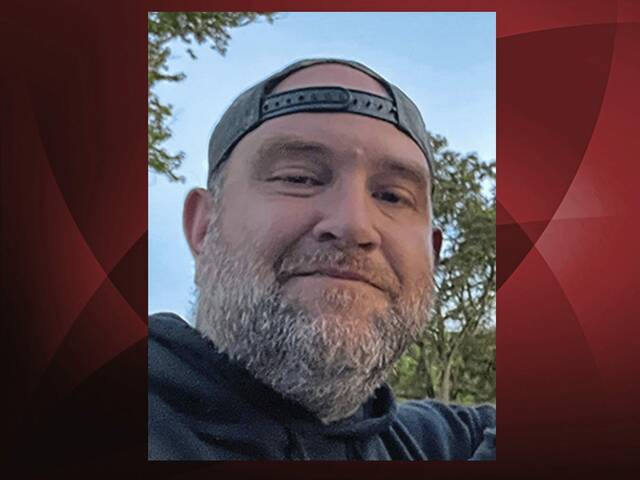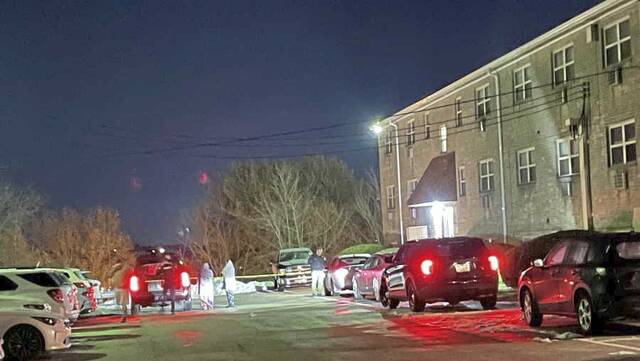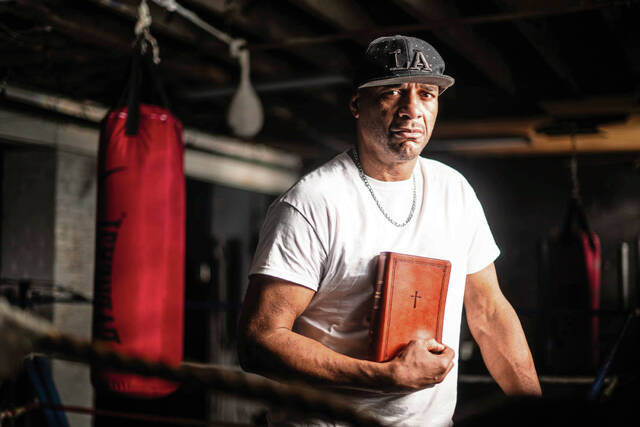Philips Respironics must hire independent experts to inspect facilities and products and hand over part of its revenue to the U.S. Treasury under a proposed consent decree filed in U.S. District Court in Pittsburgh.
Under the proposed decree, Philips Respironics would not admit to any wrongdoing.
“The consent decree provides Philips Respironics with a road map of defined actions, milestones and deliverables to demonstrate compliance with regulatory requirements and to restore the business,” according to a statement on its website.
The company, which has three locations in Westmoreland County, has been under fire in connection with the recall of its continuous positive airway pressure — CPAP — machines in the United States. It has suspended sales of the machines in the country as part of the proposed consent decree with the U.S. Food and Drug Administration.
In June 2021, Philips was forced to recall millions of its sleep therapy and respirator machines after it was disclosed the polyester-based polyurethane foam used in the machines to reduce sound and vibration could break down and potentially be breathed in or swallowed, according to the FDA.
Some of the machines that were remediated were subject to additional recalls.
The U.S. Justice Department on Thursday also filed a complaint for permanent injunction against the company, specifically operations at the Murrysville, East Huntingdon and Upper Burrell locations, along with one in California. The proposed consent decree followed.
If it is approved, Philips would be required to hire a number of experts to oversee inspections of facilities and examine procedures related to medical device reports and handling of complaints. The experts will look at the defendant’s plan for ensuring the foam is safe in new or replacement devices and make sure the recall remediation devices have undergone appropriate testing.
Those inspectors are required to file plans and reports with the FDA.
Philips would remain under scrutiny by the FDA, if the decree is approved, with surprise inspections of the affected facilities. If the company fully complies with the decree, should it be approved, they can petition for relief in 2029.
CPAP machine sales are permitted to continue outside of the United States.
The percentage of net revenue Philips would turn over from the sales of any medically necessary devices ranges from 10% to 25% annually and is not considered to be punitive, according to the filing.
The company has committed more than $392 million to address issues raised in the consent decree, according to Philips’ fourth-quarter earnings report released in January.
Philips previously agreed to a partial $479 million settlement to resolve a lawsuit filed by people who developed lung problems and cancer after using machines containing the foam.
It employs 2,400 people in Pennsylvania, according to the company’s website.
--- This story is updated to reflect that Philips Respironics would not need to turn over part of its revenue for a full five years.







